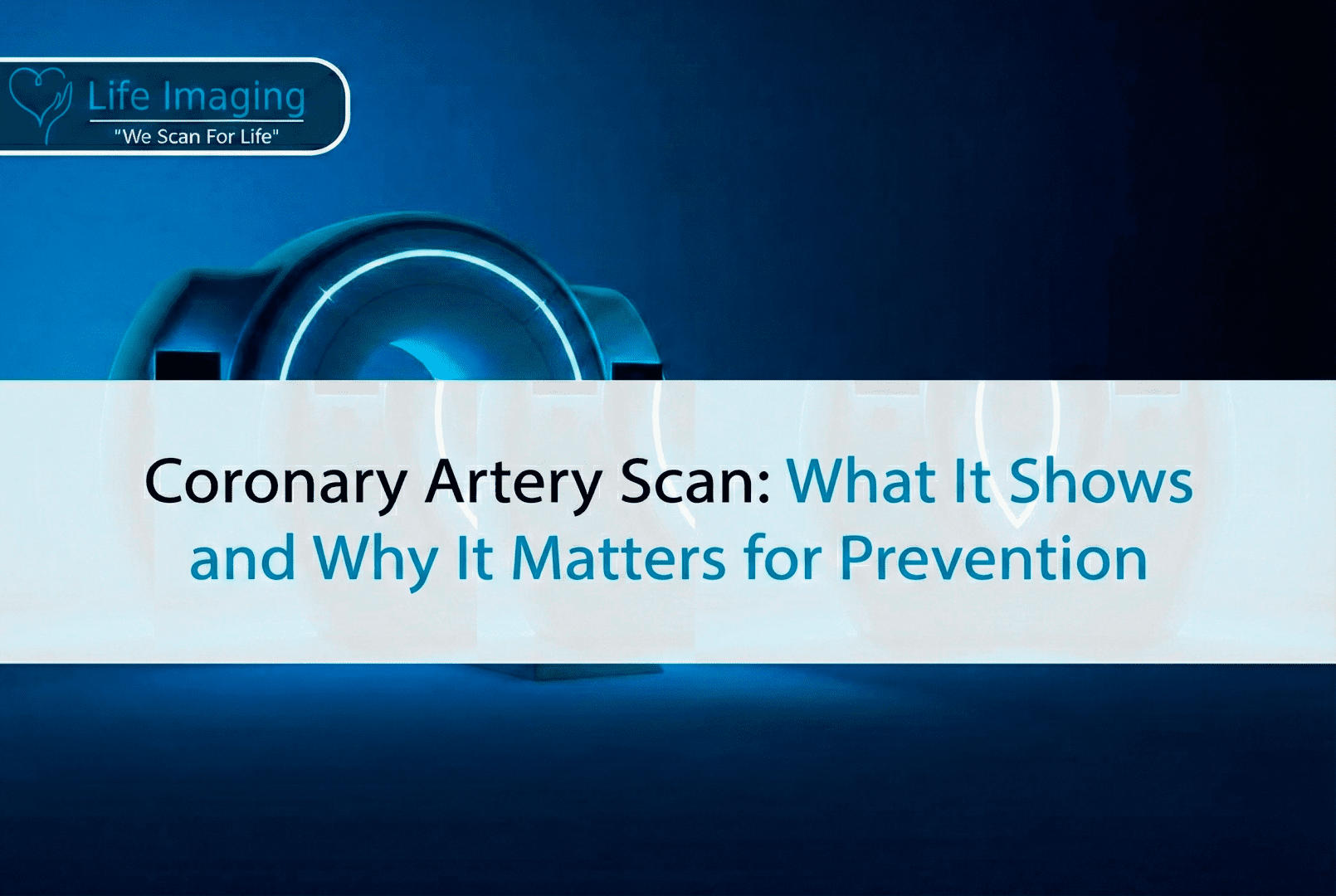
Coronary Artery Scan: What It Shows and Why It Matters for Prevention
Coronary Artery Scan: What It Shows, Who Needs It, and

The liver is one of the most vital organs in our body, responsible for many crucial functions such as detoxifying harmful substances, producing bile for digestion, and storing nutrients. Due to its importance, maintaining liver health is essential. However, liver diseases can develop silently, showing symptoms only when they have advanced. This makes early detection through liver screening incredibly important.
Early liver screening can identify potential problems before they become serious, allowing for timely intervention and treatment. Different methods, such as ultrasound, CT scans, MRI scans, and blood tests, can be used to check your liver’s health. Knowing what signs to look for and when to get screened can help you stay ahead of any potential liver issues.
Understanding liver health and recognizing the need for early detection can save lives. Regular liver screenings should be part of your health routine, especially if you have risk factors. Let’s delve into why liver screening is crucial, the methods available, and what you can expect during the screening process. By staying informed, you can take proactive steps to maintain your liver health and overall well-being.
The liver performs many important tasks, like removing toxins from the blood, producing bile to help digest food, and storing vitamins and minerals. Keeping your liver healthy is key to your overall well-being. However, several factors can harm your liver and increase the risk of liver diseases.
Understanding these risks can help you take steps to protect your liver. Leading a healthy lifestyle by maintaining a balanced diet, avoiding excessive alcohol use, and exercising regularly can reduce your risk of liver disease.
Liver diseases can develop quietly, often showing signs only when they are advanced. Early detection is vital because it allows for timely treatment, which can prevent serious complications and even save lives. Screening tests can find liver problems at an early stage when they are most treatable.
Regular screenings are essential, especially for those with risk factors such as a family history of liver disease or chronic hepatitis infection. Screening tests can help monitor liver function and identify abnormalities early on.
Liver diseases can present various symptoms, often mild at first, making them easy to overlook. Recognizing these early signs can prompt you to seek medical attention sooner and receive the necessary treatment.
If you experience any of these symptoms, it’s crucial to consult a healthcare provider. Early diagnosis can lead to better outcomes and help maintain liver health.
While liver screening can benefit everyone, certain groups are at higher risk and should prioritize regular screenings. Knowing if you are in a high-risk category can guide you to get tested and take preventive measures.
Additionally, individuals exposed to toxic chemicals or long-term use of certain medications should also consider liver testing. Discussing your health history and risk factors with your doctor can help determine how often you should get screened.
There are several methods available for liver screening. Each method has its own strengths and is suitable for different situations. Here are the most common types of liver screening:
Depending on your risk factors and symptoms, your doctor may recommend one or a combination of these tests. Regular liver screenings can help detect problems early and improve treatment outcomes.
Ultrasound is a key tool in liver screening and offers a non-invasive way to look at your liver. This method uses sound waves to produce images of the liver and surrounding organs. It’s often the first test recommended for liver screening due to its safety and effectiveness.
During the ultrasound, a technician applies a gel to your abdomen and moves a handheld device called a transducer over the skin. The images are displayed on a monitor, allowing the technician to observe any abnormalities. The procedure is quick, painless, and doesn’t involve any radiation.
Regular ultrasound screenings can catch liver issues early when they are more treatable. If any abnormalities are found, further testing like CT or MRI scans may be recommended for a more detailed view.
CT scans are highly detailed imaging tests that use X-rays to create cross-sectional images of the liver. This method is particularly useful for identifying small changes in liver tissue that can’t be seen with an ultrasound.
The CT scan procedure involves lying on a table that slides into a doughnut-shaped machine. The machine takes multiple X-ray images from different angles, which are then combined to create a detailed picture of your liver. The process is quick and usually takes about 10-15 minutes.
While CT scans are more detailed than ultrasounds, they do involve exposure to a small amount of radiation. Your doctor will weigh the benefits and risks before recommending this test, ensuring it’s necessary for your situation.
MRI scans provide highly detailed images of the liver using magnetic fields and radio waves. This technique is particularly effective for examining soft tissues, making it ideal for liver screening.
During an MRI scan, you will lie on a table that slides into a large tube-like machine. You’ll need to stay still while the machine takes detailed images of your liver. The procedure is painless but can be noisy, and it usually lasts about 30-60 minutes.
MRI scans don’t use ionizing radiation, making them a safer option for frequent imaging. However, they are more expensive and less widely available than other imaging methods. Your doctor will recommend an MRI if it’s the best option for your liver screening needs.
Blood tests are a key tool for detecting liver issues. They provide important information about how well your liver is functioning and can signal potential problems early on.
Regular blood tests can significantly contribute to maintaining liver health and catching any problems early.
Advances in technology provide new ways to screen for liver diseases, improving accuracy and patient comfort. Here are some of the exciting emerging technologies in liver screening:
1. FibroScan:
2. Liquid Biopsies:
Emerging technologies continue to revolutionize how liver diseases are detected and monitored, leading to better health outcomes.
Choosing the right liver screening method can depend on various factors, including invasiveness, accuracy, and convenience. Here’s a comparison of common liver screening methods:
1. Ultrasound:
2. CT Scan:
3. MRI:
4. Blood Tests:
Discussing these options with your healthcare provider helps ensure you choose the best screening method for your specific needs.
Being well-prepared for your liver screening can help ensure accurate results and a smoother experience. Here’s what you need to know:
Proper preparation can help make your liver screening as effective and stress-free as possible.
Maintaining liver health is essential for overall well-being. Early detection of liver issues through regular screening can lead to more effective treatment and better outcomes. By understanding blood tests that indicate liver problems, staying informed about emerging screening technologies, comparing different methods, and being well-prepared for screenings, you can take proactive steps to protect your liver health.
Taking control of your liver health involves making informed choices and following medical advice carefully. Regular screening tailored to your needs helps in early detection and effective management of liver diseases.
Schedule your liver screening in Orlando, FL, with Life Imaging Fla today to take a crucial step towards proactive liver health management. Early detection and timely intervention can make a significant difference. Prioritize your health by contacting us now!

Coronary Artery Scan: What It Shows, Who Needs It, and
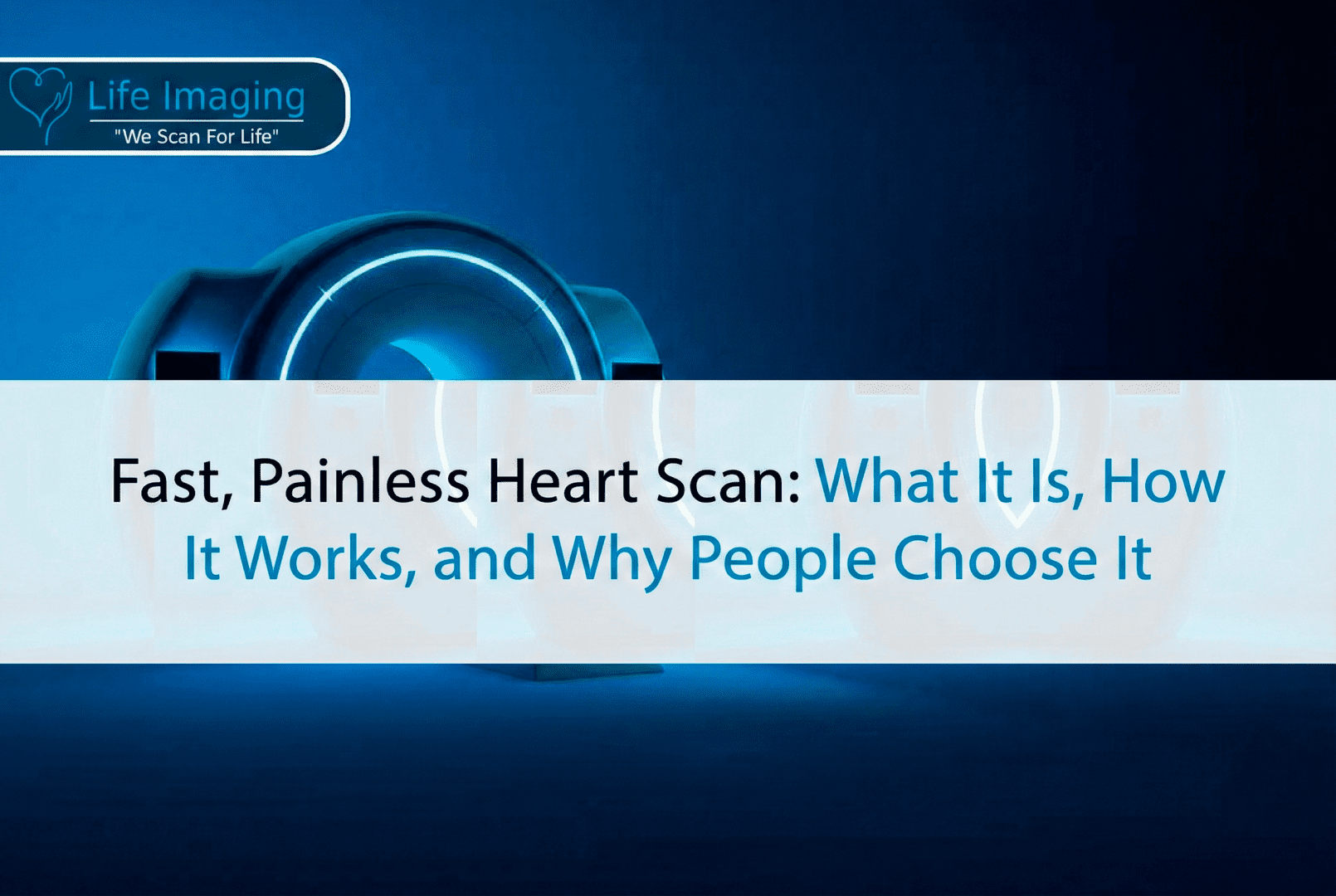
Fast and Painless Cancer Scan: What It Really Means PREVENTIVE
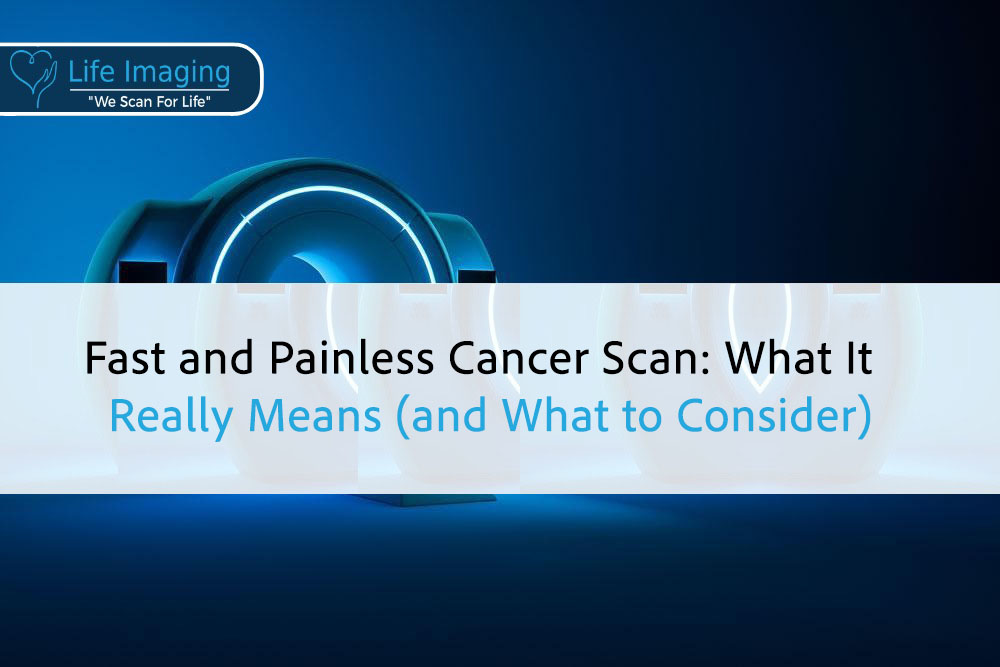
Fast and Painless Cancer Scan: What It Really Means (and
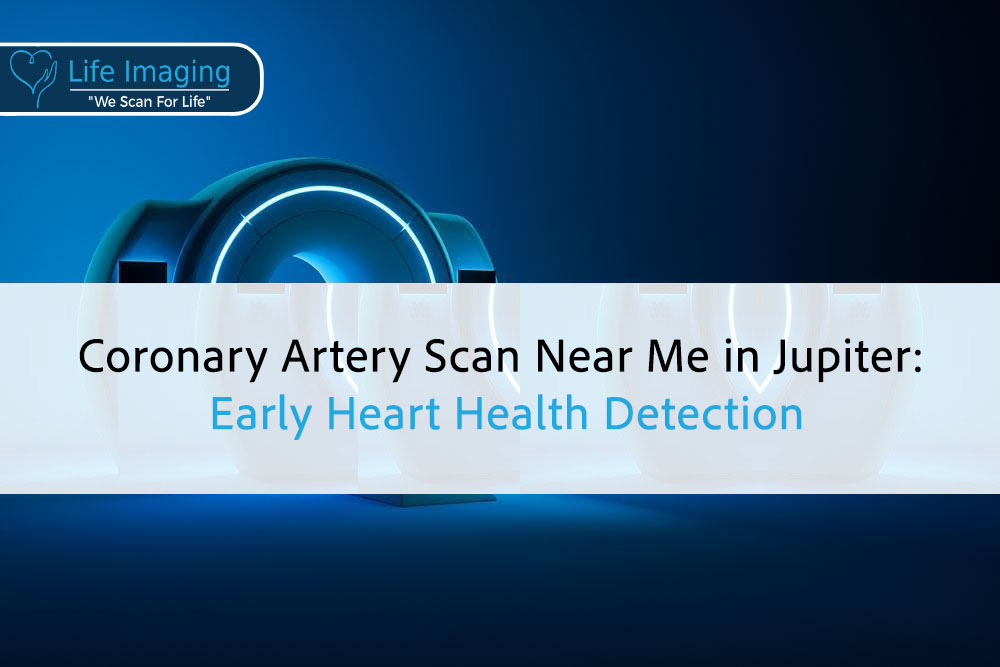
Introduction Your heart works hard every second of the day,
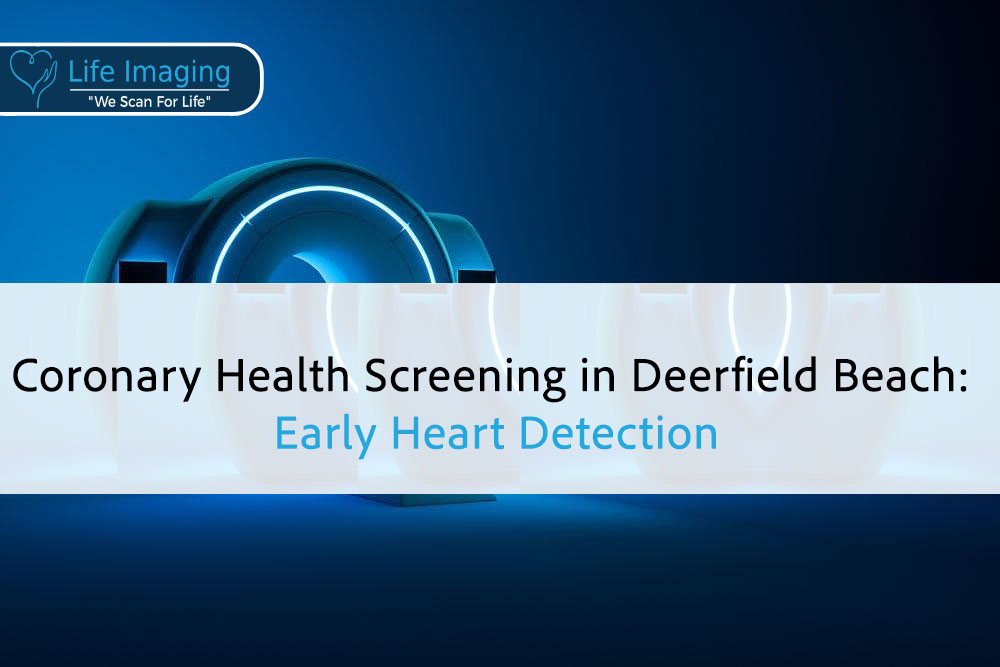
Introduction Your heart works around the clock, but changes inside
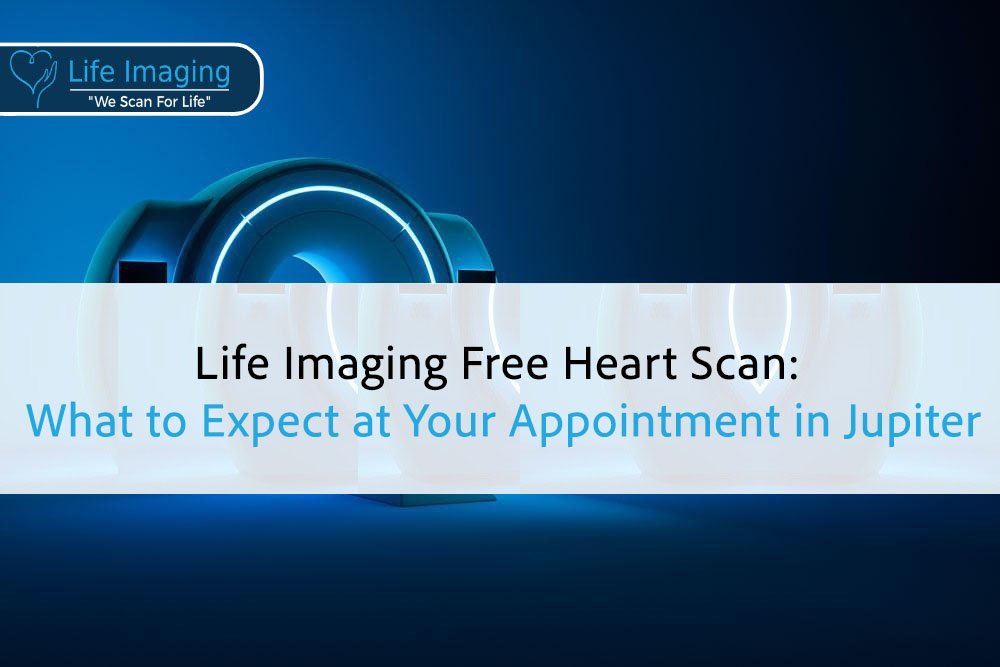
Introduction Your heart works nonstop, often without a single complaint.

* Get your free heart scan by confirming a few minimum requirements.
Our team will verify that you qualify before your scan is booked.
Copyright © 2025 Life Imaging – All Rights Reserved